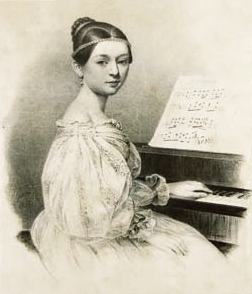2 Important issues to consider when developing gender diverse programmes
Once you have decided how you want to include more works by women in your programming, there are some important issues to think about.
Activity 1
Part 1
When works by women are included on mixed programmes (i.e. incorporated alongside those of their male peers), they tend proportionally to make up a much smaller part of the programme. An analysis of the 2023 BBC Proms undertaken by the ISM (Independent Society of Musicians) [Tip: hold Ctrl and click a link to open it in a new tab. (Hide tip)] found that less than 7 per cent of the music performed was by women, and that the duration of the works by women that were included took up less time. The average duration of women’s compositions was 11.5 minutes, whereas for men it was 28 minutes. Why do you think that this is problematic?
Discussion
Giving significantly less time to women’s music within programmes enforces the idea that their works are less worth listening to. Including a very short work by one woman on a programme which is otherwise entirely made up of men’s works can also look tokenistic (whether intentional or not), which may lead to criticism.
Part 2
In addition to taking up less time within overall programmes, when works by women are included within classical music festivals or concert series, they are often included as part of lunchtime concerts or other ‘fringe’ events, rather than as part of the main or evening concerts. Why is this also problematic?
Discussion
Not including women’s music in main concerts also sends the message that their works are less worthy listening to and less worthy of showcasing.

